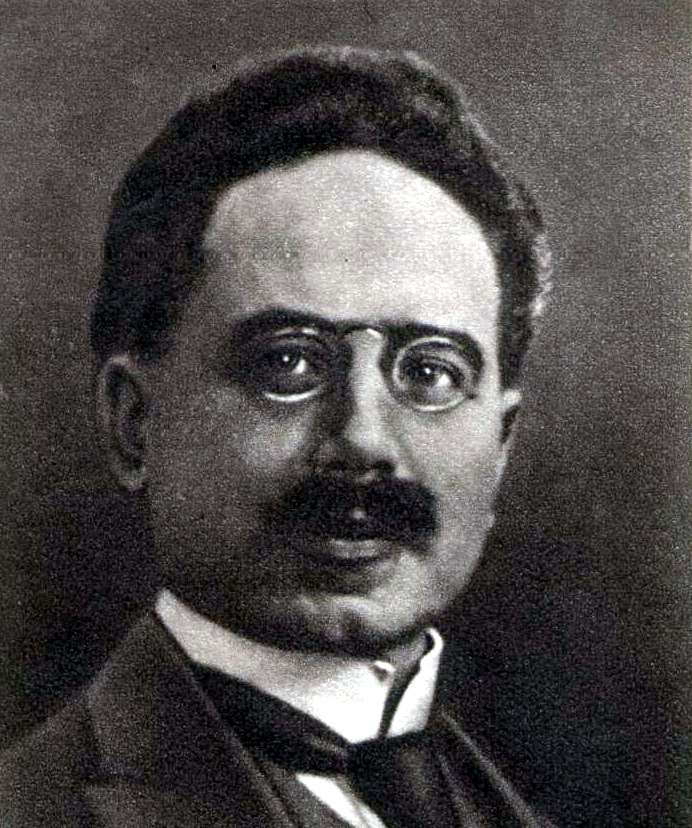Burgfriedenspolitik on:
[Wikipedia]
[Google]
[Amazon]
 (, ) is a
(, ) is a
 (, ) is a
(, ) is a German
German(s) may refer to:
* Germany (of or related to)
**Germania (historical use)
* Germans, citizens of Germany, people of German ancestry, or native speakers of the German language
** For citizens of Germany, see also German nationality law
**Ge ...
term that refers to the political truce between Germany's political parties during World War I
World War I (28 July 1914 11 November 1918), often abbreviated as WWI, was List of wars and anthropogenic disasters by death toll, one of the deadliest global conflicts in history. Belligerents included much of Europe, the Russian Empire, ...
. The trade unions
A trade union (labor union in American English), often simply referred to as a union, is an organization of workers intent on "maintaining or improving the conditions of their employment", ch. I such as attaining better wages and benefits ( ...
refrained from striking, the Social Democratic Party
The name Social Democratic Party or Social Democrats has been used by many political parties in various countries around the world. Such parties are most commonly aligned to social democracy as their political ideology.
Active parties
For ...
(SPD) voted for war credits
War is an intense armed conflict between states, governments, societies, or paramilitary groups such as mercenaries, insurgents, and militias. It is generally characterized by extreme violence, destruction, and mortality, using regular o ...
in the Reichstag, and the parties agreed not to criticize the government and its war. There were several reasons for the , among them the belief that it was their patriotic duty to support the government in war, fear of government repression if they protested against the war and fear of living under an autocratic Russian tsar more than the German constitutional monarchy and its kaiser
''Kaiser'' is the German word for "emperor" (female Kaiserin). In general, the German title in principle applies to rulers anywhere in the world above the rank of king (''König''). In English, the (untranslated) word ''Kaiser'' is mainly ap ...
, and hope to achieve political reforms after the war such as the abrogation of the inequitable three-class voting system by co-operating with the government.
The only member of parliament of any party to vote against war credits in the second session was Karl Liebknecht
Karl Paul August Friedrich Liebknecht (; 13 August 1871 – 15 January 1919) was a German socialist and anti-militarist. A member of the Social Democratic Party of Germany (SPD) beginning in 1900, he was one of its deputies in the Reichstag fro ...
. In the third session on 20 March 1915, Otto Rühle
Karl Heinrich Otto Rühle (23 October 1874 – 24 June 1943) was a German Marxist active in opposition to both the First and Second World Wars as well as a council communist theorist.
Early years
Otto was born in Großschirma, Saxony on 23 O ...
joined him. Over the course of the war, the number of SPD politicians opposed to the war steadily increased. Their resistance against the politics led to the expulsion of Liebknecht, Rosa Luxemburg
Rosa Luxemburg (; ; pl, Róża Luksemburg or ; 5 March 1871 – 15 January 1919) was a Polish and naturalised-German revolutionary socialism, revolutionary socialist, Marxism, Marxist philosopher and anti-war movement, anti-war activist. Succ ...
, Clara Zetkin
Clara Zetkin (; ; ''née'' Eißner ; 5 July 1857 – 20 June 1933) was a German Marxist theorist, communist activist, and advocate for women's rights.
Until 1917, she was active in the Social Democratic Party of Germany. She then joined the ...
, and others from the SPD. These went on to found the Spartacus League
The Spartacus League (German: ''Spartakusbund'') was a Marxist revolutionary movement organized in Germany during World War I. It was founded in August 1914 as the "International Group" by Rosa Luxemburg, Karl Liebknecht, Clara Zetkin, and othe ...
, the Independent Social Democratic Party of Germany
The Independent Social Democratic Party of Germany (german: Unabhängige Sozialdemokratische Partei Deutschlands, USPD) was a short-lived political party in Germany during the German Empire and the Weimar Republic. The organization was establish ...
, and the Communist Party of Germany
The Communist Party of Germany (german: Kommunistische Partei Deutschlands, , KPD ) was a major political party in the Weimar Republic between 1918 and 1933, an underground resistance movement in Nazi Germany, and a minor party in West German ...
. The only trade union to refuse the was the Free Association of German Trade Unions, which would later become the Free Workers' Union of Germany..
See also
* Sacred Union * Spirit of 1914References
Further reading
* * * * {{cite book , first=Susanne , last=Miller , title=Burgfrieden und Klassenkampf: Die deutsche Sozialdemokratie im Ersten Weltkrieg , location=Düsseldorf , publisher=Droste , year=1974 , language=de German Empire in World War I Political history of Germany Political terminology in Germany